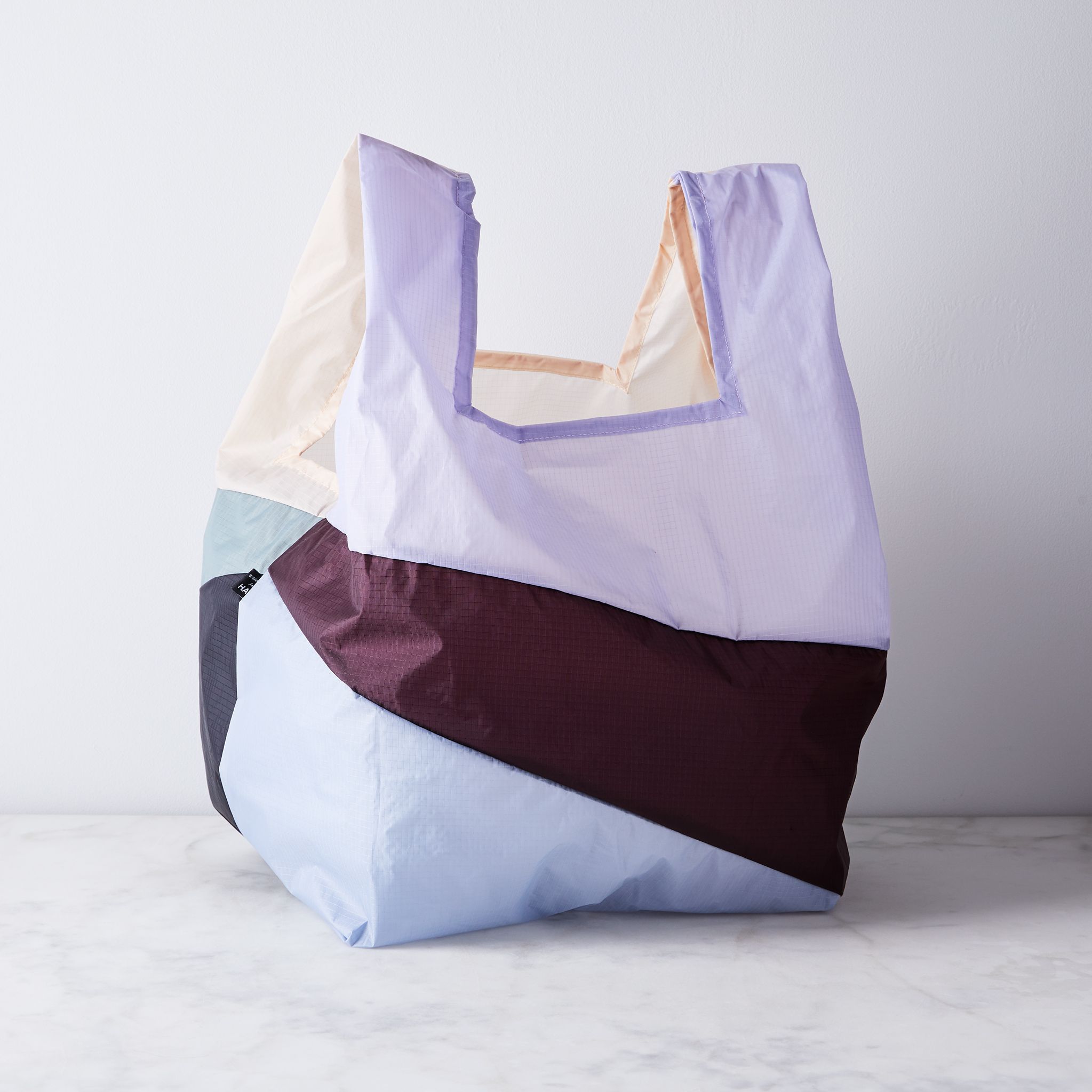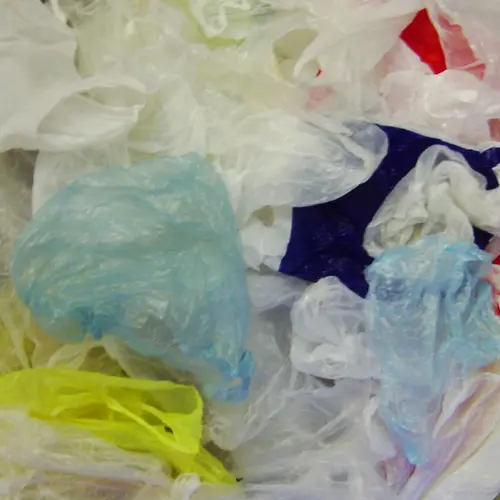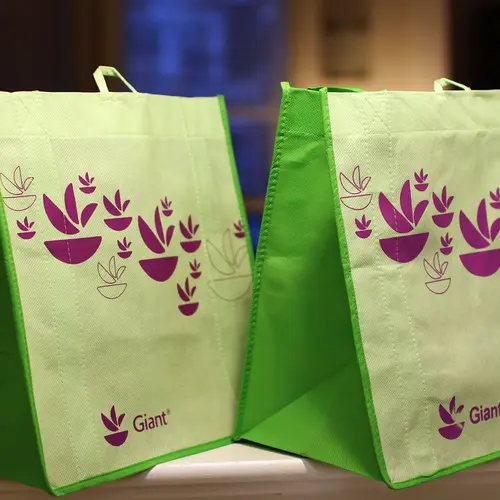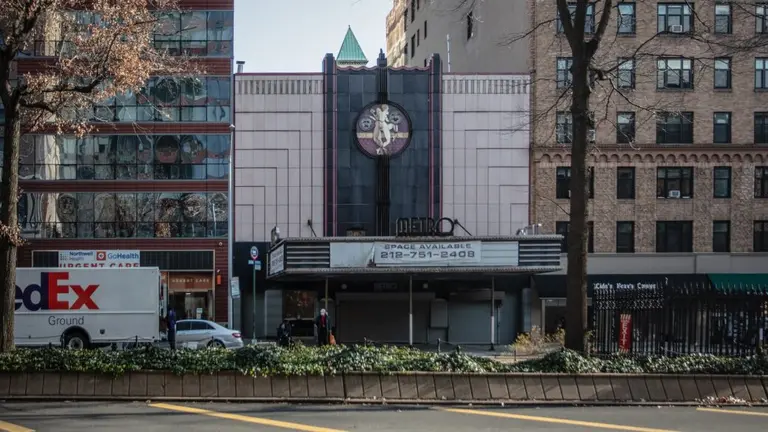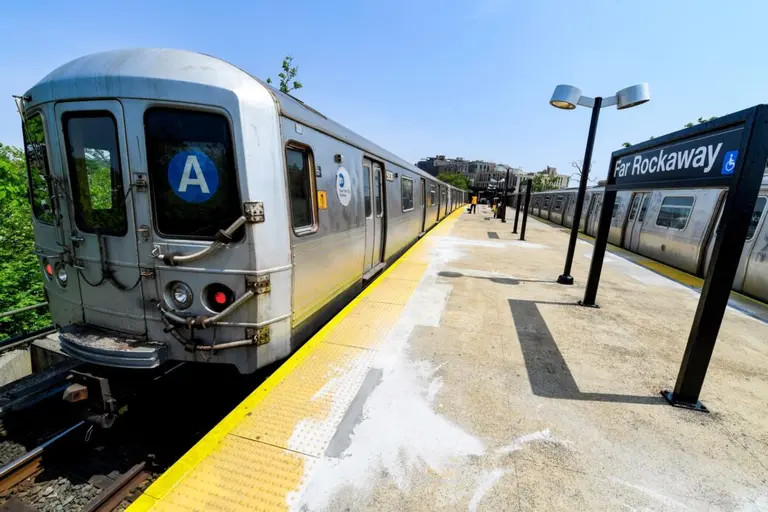Here’s what you need to know about New York’s plastic bag ban
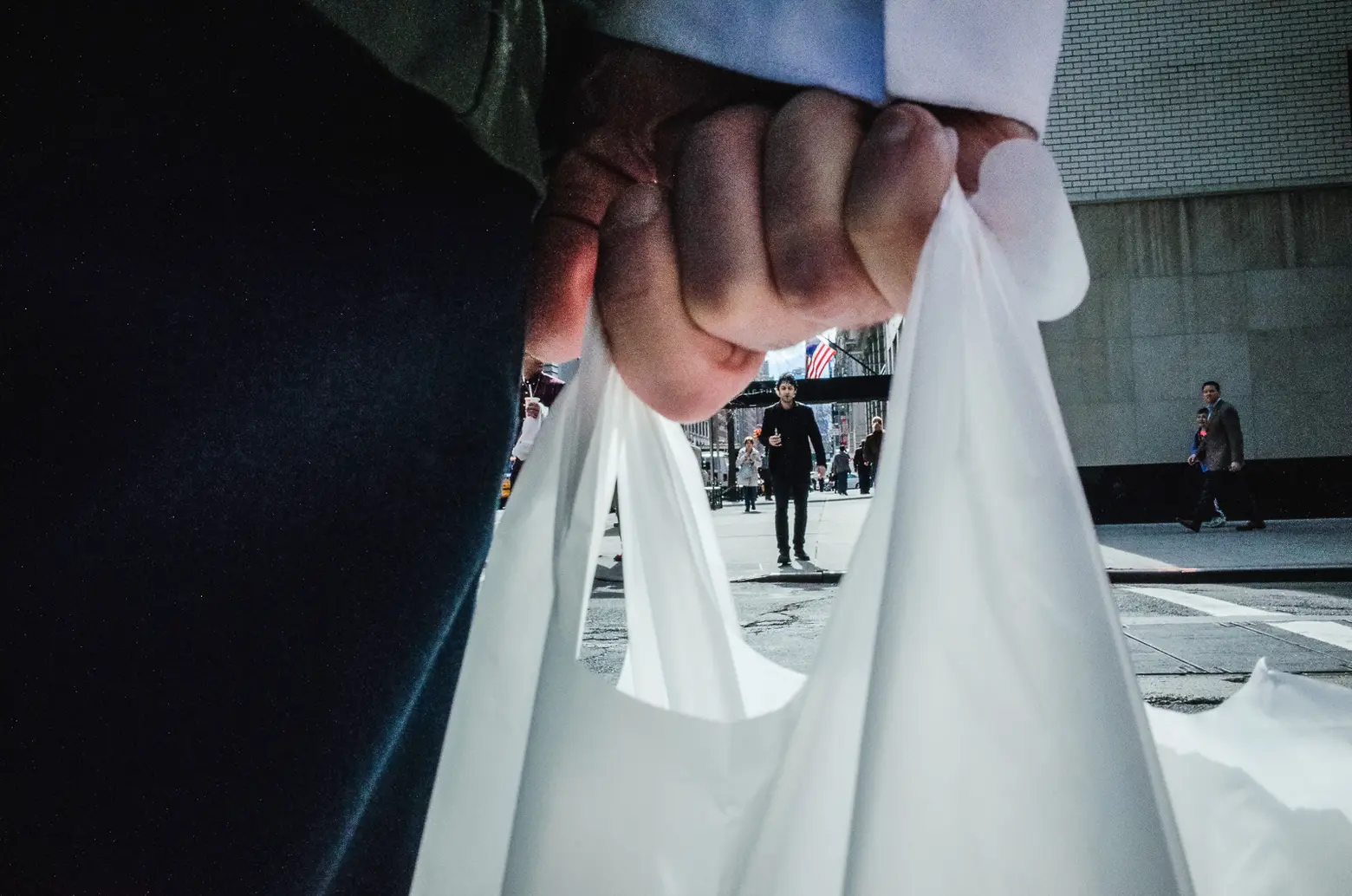
Image: Michael Kowalczyk via Flickr.
The ban on single-use plastic bags will go into effect on Monday, more than seven months after enforcement was set to begin. Gov. Andrew Cuomo’s statewide ban on plastic bags was approved by state lawmakers last year with plans to begin enforcement on March 1, 2020. But a lawsuit from the Bodega and Small Business Association and a delay in a court decision on the lawsuit because of the coronavirus pandemic pushed enforcement of the new law back multiple times until a state judge ruled in August that the ban can begin on October 19. Starting Monday, grocery and retail stores that collect state taxes from customers will no longer be permitted to use plastic bags to contain purchases at checkout. Ahead, learn more about the Bag Waste Reduction Law, the exceptions to the law, and alternatives to single-use plastic.
Enforcement of the State’s ban on single-use plastic bags starts today. To submit reports of non-compliance visit https://t.co/wai5DfD80p#BYOBagNY pic.twitter.com/uam0Fni5yV
— NYSDEC (@NYSDEC) October 19, 2020
The new statewide plastic bag ban will be the second in U.S. history; California banned the bags in 2016. Hawaii has a ban on single-use bags in place throughout the state, but it was instituted by the state’s individual counties.
The Department of Environmental Conservation (DEC) website outlines the basics of the plastic bag ban. Stores in which plastic bags will no longer be offered include:
- Clothing stores
- Convenience stores
- Drug stores
- Green carts
- Grocery stores
- Hardware stores
- Liquor stores
- Office supply stores
- Pharmacies (though bags for prescription drugs are an exception)
- Food service establishments located within the above stores
Ideally, store customers will bring their own reusable bags of any kind. If not, in NYC they’ll be required to pay five cents each for paper bags. The per-bag fee was accepted by five New York counties: NYC, Albany, Tompkins, Suffolk, and Ulster. Customers paying with SNAP or WIC aren’t required to pay the fee anywhere. Revenue from the fees will benefit the state’s Environmental Protection Fund and go toward a fund that pays for reusable bags for consumers.
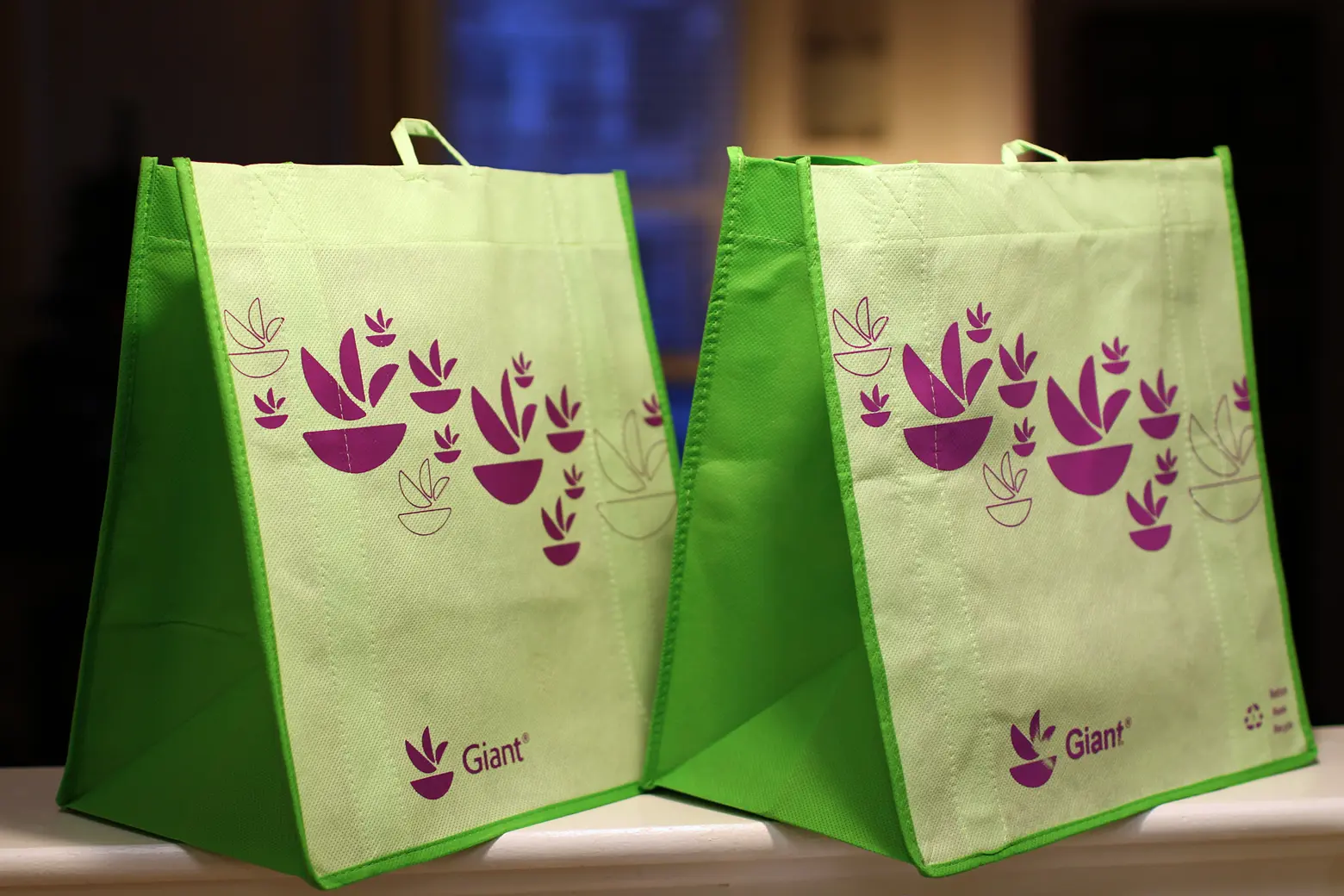 Photo credit: Mr.TinDC via flickr cc
Photo credit: Mr.TinDC via flickr cc
If stores don’t have paper bags available to purchase, they can sell reusable bags, defined as hand- or machine-washable bags having at least one strap, which can hold at least 22 pounds and be used a minimum of 125 times for the duration of the bag’s useful lifespan. However, the stores mentioned above are not required to provide any bags at all.
What about exceptions? The following uses of plastic bags are exempt from the ban:
- containing or wrapping uncooked meat, fish, or poultry
- packaging bulk items such as fruits, vegetables, grains, or candy
- holding food sliced or prepared to order
- newspaper deliveries
- bags sold in bulk to a consumer at the point of sale
- trash bags
- food storage bags
- garment bags
- bags prepackaged for sale to a customer (as in trash bags or freezer bags)
- carry out or delivery by restaurants, taverns, or similar food service establishments
- bags holding prescription drugs from pharmacies
What are we hoping to accomplish with this brave new legislation? When the bill was passed banning the bags, Cuomo said in a statement that “these bags have blighted our environment and clogged our waterways,” and that the plan would “protect our natural resources for future generations of New Yorkers.”
According to Forbes, the Environmental Protection Agency estimates that 80 percent of the plastic found in oceans began life on land and that by 2050 the world’s oceans will hold more plastic by weight than fish. Plus, it takes 12 million barrels of oil each year to make all the plastic bags we use. In 2014, the United States used an estimated 100 billion single-use plastic shopping bags; the average American family used 1,500 single-use plastic bags annually. And New York, California, and Hawaii combined account for over 60 million Americans, about 18 percent of the population of the United States.
In addition to dire effects on wildlife and the greenhouse emissions caused by their production, the bags put a crimp in recycling efforts. According to former Department of Sanitation Commissioner Kathryn Garcia, about 10 billion plastic bags are discarded in NYC annually, making up about 2.5 percent of the city’s waste stream; sanitation workers pick up more than 1,700 tons of them each week.
“City residents use billions of single-use carryout bags every year, and they are frequently used for only a few minutes at a time,” Garcia said in February, according to Patch. “Plastic bags are particularly troublesome as contaminants in our recycling as they often clog machinery, and we’ve all seen plastic bags stuck in city trees around the city.”
In anticipation of the ban, you can get free reusable bags: The city’s sanitation department has been giving away reusable bags made of 90 percent recycled material even before the new legislation was signed. You can visit the NYDS website, take the Zero Waste Pledge, and get a free reusable bag or cutting board delivered to your door.
If you still have specific questions about what’s allowed, the DEC’s website outlines it all (or here for manufacturers and retailers). The city’s 311 site also gives a rundown on the ban.
And if you’re looking to buy some reusable bags, here are some great options:
All of these products have been hand-selected by team 6sqft. We may receive a commission for purchases made through these affiliate links. All prices reflect those at the time of publishing.
RELATED:
- Cuomo’s new bill would ban plastic bags in New York by next year
- Is the Mayor’s Plan To Stop Dumping Garbage by 2030 Possible–or Just Trash Talk?
- De Blasio releases plan for New York City to follow Paris climate agreement
- The Urban Lens: The surprising beauty of Sunset Park’s Sims Municipal Recycling Facility
Editor’s note 10/19/20: This story was originally published on February 19, 2020 but has since been updated to reflect the new date of enforcement of the Bag Waste Reduction Law.




